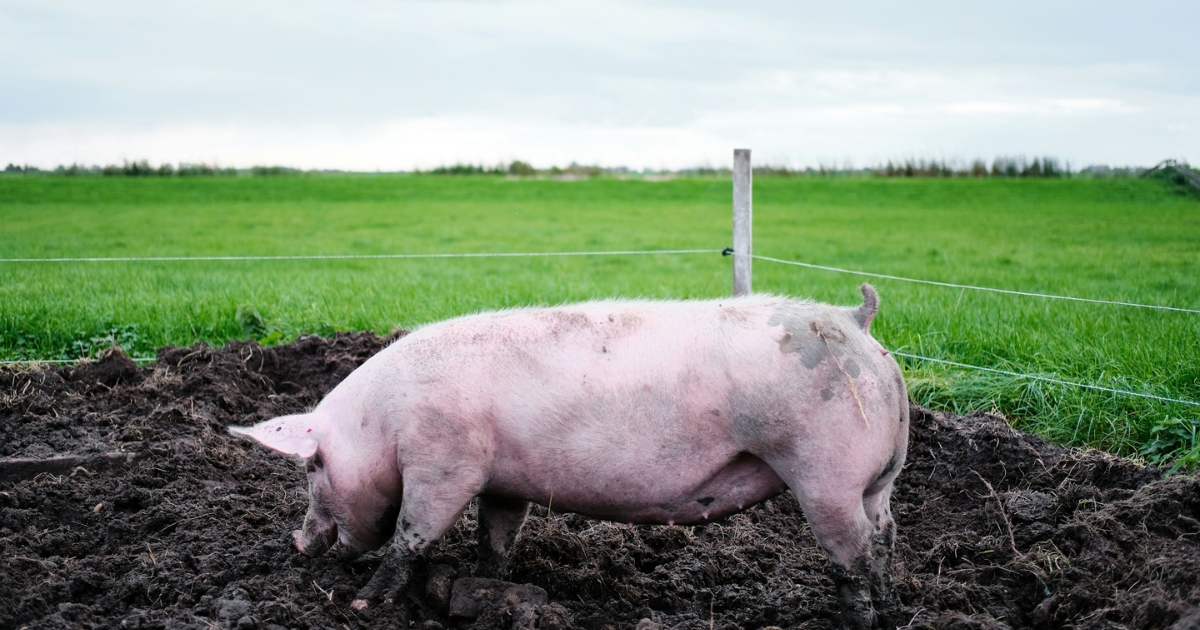FROM THE DESK OF Roland Rocchiccioli

Waves of history: A desire for freedoms can topple empires and taking those same freedoms for granted can drown democracy. Photo: SUPPLIED
Democracy is fragile; and our biggest mistake is that we take it for granted.
WINSTON Churchill, House Of Commons, 1947, said: “No one pretends that democracy is perfect or all-wise. Indeed, it has been said that democracy is the worst form of Government, except for all those other forms that have been tried from time-to-time.”
Democracy is defined by your notion. If you include – as you ought – the vote for women as the prerequisite in identifying a true democracy, then, at the turn of the 20th century, New Zealand and Australia were the only two proper democracies in the world. The other possible ten were quasi, comparatively.
In 1893, New Zealand became the first self-governing country in the world to grant women the vote.
South Australia followed in 1894; Western Australia in 1899; and New South Wales, 1902 – the year all Australia women were granted suffrage in Commonwealth elections.
The United Kingdom’s, Representation of the People Act, 1928; and the United States 19th Constitutional Amendment was ratified August, 1920, guaranteed all women the right to vote.
The attacks on our democracy are relentless. Some are overt, others are covert, by strategy. The German poet and playwright, Bertolt Brecht, wrote in his ‘Poems Of Observation For Actors’: ‘Watch closely the film clips of your leaders, walking and talking, as they hold in their cruel hands the threads of your fate.’ We must be ever vigilant in our protection of democracy. History has shown it is the fundamentalist, vocal minority who are keenest to impose their will on the acquiescent silent majority. Political laissez faire is a dark malaise and leads to death by a thousand cuts. It is both fatal and folly to dismiss the injurious attacks on our democratic system as either recalcitrant or eccentric. They are pernicious, and those most determined to achieve their Machiavellian ambition are reliant on the insouciance of the majority; and it is easier to achieve the destructive result working from the inside out, rather than the reverse. While it is not impossible, a shattering of our system, resulting in a totalitarian state, is unlikely to succeed in Australia while we live under The Crown; however, that should not lead to a false sense of security.
When the Prime Minister, Scott Morrison, chose to dismiss as ‘precious’, the objections of those 265,000-plus Australians who railed at the sails of the Opera House being used as a commercial advertising billboard, he was, summarily, dismissing the voice of the people. His hubristic disregard for an opposing voice was attack on our democracy.
In the same manner, the decision by the New South Wales premier, Gladys Berejiklian, to ignore the objections and concerns from Opera House CEO was a blatant attack on our democracy, and resulted in well-deserved voter opprobrium, and a public loss of face.
Former Prime Minister Tony Abbott’s voting abstention in the federal government’s Same-Sex Marriage debate blatantly ignored the voice of 75% of his Warringah constituents. He considered his personal ideology, which was diametrically opposed to the will of the majority, was more important. His anti-abortion stance is determined by his religiosity and would appear to disregard the democratic voice of his electorate. His implacability remains an attack on our democracy, by any standard.
Attorney General, Philip Ruddock, and former Prime Minister, John Howard, introduced a definition of marriage into the Marriage Act 1961 to outlaw the recognition of same-sex marriages, lawfully entered into in foreign jurisdictions. The support, or not, of same sex-marriage is irrelevant. Disturbingly, Howard later admitted personal, ideological motivation – regardless of a possible breach Human Rights. Their decision, and their refusal to submit the proposal to the people, should be viewed as an attack on our democracy. Their political abuse was cause for disquiet, and, as it transpires, was not the consensus.
The knocking-down of the Berlin Wall together with the subsequent unification of East and West Germany, and the collapse of Russian Communism were hailed as universal victories for democracy.
Author Francis Fukuyama published his bestseller, The End of History and the Last Man. He contends the world, with the demise of its main ideological competitor, would belong to liberal democracy. He failed to foresee the emergence of fresh threats and the resurgence of old foes in the new guises of nationalism, religious extremism, autocratic capitalism, unaccountable tech titans, cyber warfare, and in the case of North Korea, legacy Stalinism. Democracy is not doomed but it remains more fragile, vulnerable and contingent than we complacently suppose. The arc of history is not imbalanced in favour of freedom. Its survival has to be renewed, and reinvigorated, for each generation.
Roland can be heard each Monday morning on 3BA at 10.30am.
Contact: [email protected]


















